Can you insulate a generator?
The short answer is yes—not only can generators be insulated, but at our diesel generator manufacturing facility, we implement comprehensive insulation strategies that are essential for performance, safety, and environmental compliance. Effective generator insulation isn't just an add-on; it's a core part of designing a reliable power solution. Whether you’re operating in sweltering heat, freezing cold, or noise-sensitive areas, proper insulation helps improve efficiency, prolong service life, and meet regulatory requirements.

Electrical Insulation: The Core of Generator Protection
A generator’s electrical insulation system is fundamental to its operation. It prevents short circuits, reduces energy loss, and protects windings from excessive heat, moisture, and physical wear. We use advanced materials and manufacturing techniques to ensure every unit can endure harsh conditions.
Here’s how we approach electrical generator insulation:
Winding Insulation
The stator and rotor windings are insulated using Class H or better materials, including mica, glass fiber, and specialized resins. Through a Vacuum Pressure Impregnation (VPI) process, these substances are deeply infused into the windings, forming a robust barrier that resists electrical, thermal, and mechanical stress.
Phase and Barrier Insulation
To avoid electrical faults between phases, we install high-grade insulation between windings and within slots. Materials such as DMD (Dacron-Mylar-Dacron) and composite laminates provide reliable separation and durability.
Terminal and Bushing Insulation
Connections and bushings are shielded with silicone or epoxy-based insulation to prevent arcing and current leakage—especially critical in humid, dusty, or corrosive settings.
Encapsulation of Critical Components
In extreme applications, such as marine or mining, we fully encapsulate windings with thermosetting resins for complete protection against moisture, chemicals, and abrasion.
Stringent Quality Testing
Every generator undergoes high-potential (hipot) testing, insulation resistance (IR) tests, and partial discharge analysis to ensure the system meets IEC and IEEE standards.
A well-executed electrical insulation system doesn’t just protect your generator—it enhances its lifespan and maintains power quality under diverse operating conditions.
Keeping It Quiet: Acoustic Insulation
Beyond electrical protection, reducing noise is a common concern for many of our clients. Generator sets can produce significant sound levels, but with the right acoustic treatment, we can bring those down to meet community guidelines and indoor requirements.
We design our acoustic enclosures with a multi-material approach:
Sound-Absorbing Liners
Materials like mineral wool or fiberglass are installed on interior surfaces to absorb noise from the engine and alternator.
Vibration Dampening
Anti-vibration mounts and flexible connectors minimize structure-borne noise.
Barrier Materials
Heavy-duty panels and mass-loaded vinyl are used to block sound from escaping the enclosure.
Bringing It All Together
Generator insulation effectively requires expertise in both electrical and environmental engineering. It’s a necessary step to ensure durability, safety, and community-friendly operation.
At JLMECH, we combine deep industry knowledge with a commitment to quality in every power solution we deliver. Whether you need a standard generator or a fully customized system, our team is here to help you make the right choice.
Have a project in mind? Let’s talk. Reach out to our experts at skala@whjlmech.com to learn how we can design a generator that fits your unique requirements.
References
Johnson, M. (2022). Emergency Power Systems: A Comprehensive Guide to High-Speed Diesel Generators. Power Engineering Quarterly, 45(3), 78–92.
Roberts, T., & Evans, D. (2021). Electrical Insulation in Rotating Machines: Principles and Applications. IEEE Transactions on Industry Applications, 57(2), 432–441.
Miller, L. (2020). Noise Control in Generator Sets for Urban Deployment. Journal of Power and Acoustics, 34(4), 112–125.
International Electrotechnical Commission. (2018). *IEC 60034-18-41: Rotating electrical machines – Part 18-41: Partial discharge free electrical insulation systems*. Geneva: IEC.
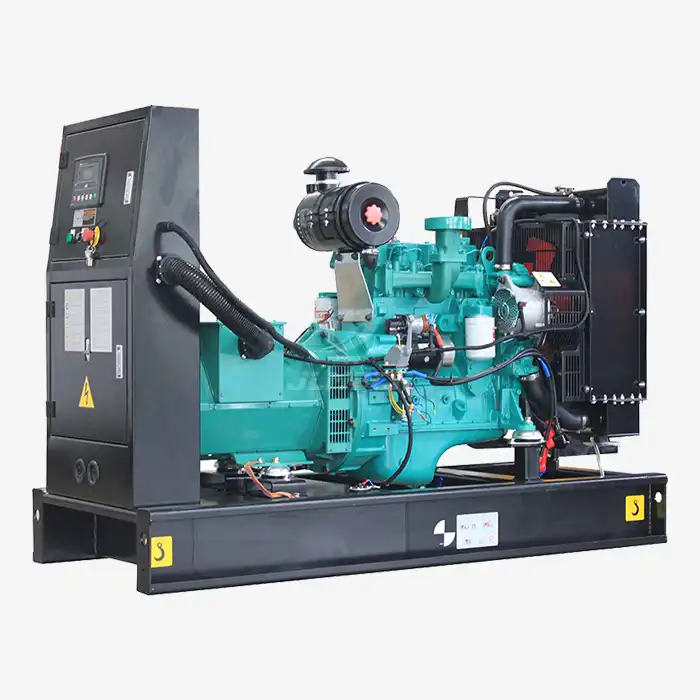 VIEW MOREATS Options Diesel Generator Set
VIEW MOREATS Options Diesel Generator Set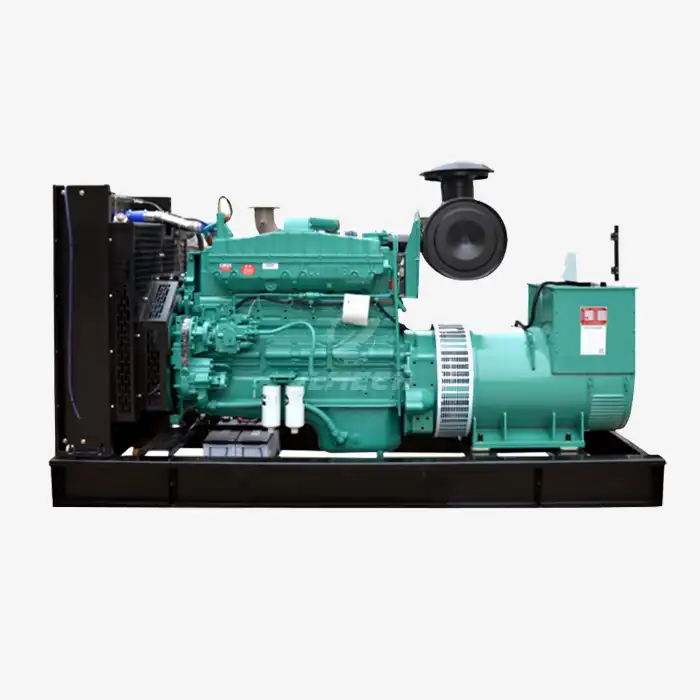 VIEW MOREdiesel generator 100 kw
VIEW MOREdiesel generator 100 kw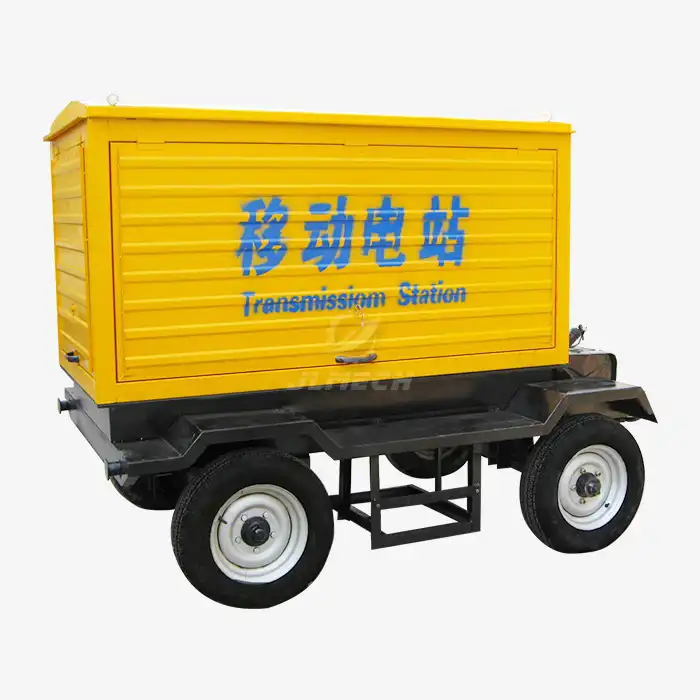 VIEW MORE30kw diesel power generator
VIEW MORE30kw diesel power generator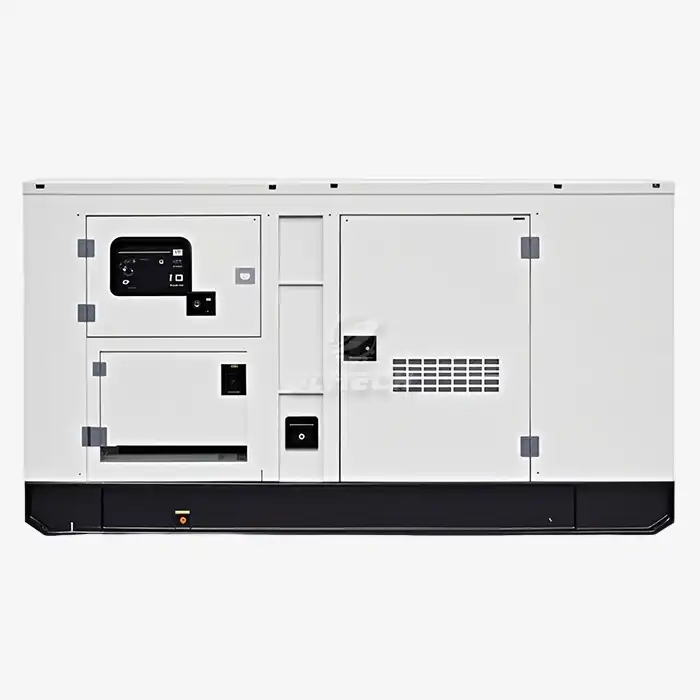 VIEW MORE500kva diesel power generator
VIEW MORE500kva diesel power generator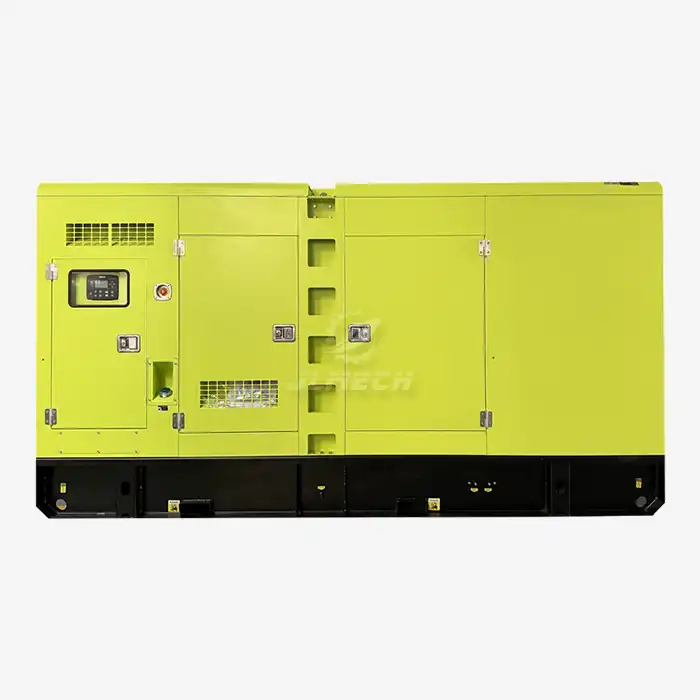 VIEW MORE220v 50hz super silent diesel generator set
VIEW MORE220v 50hz super silent diesel generator set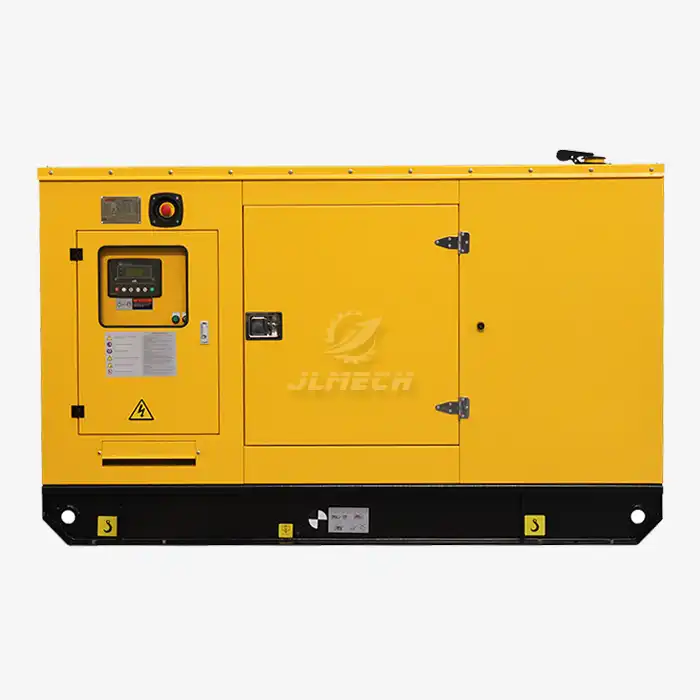 VIEW MOREshangchai diesel generator 20KW
VIEW MOREshangchai diesel generator 20KW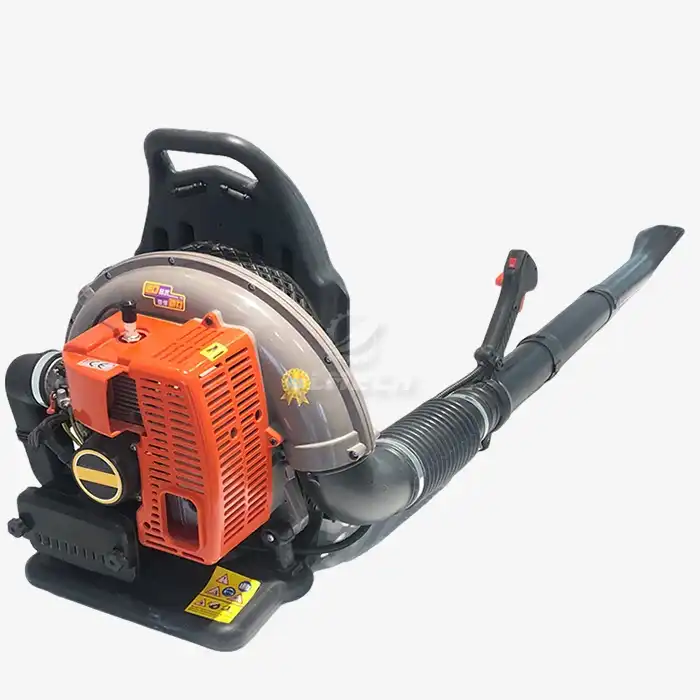 VIEW MOREgasoline leaf blower backpack
VIEW MOREgasoline leaf blower backpack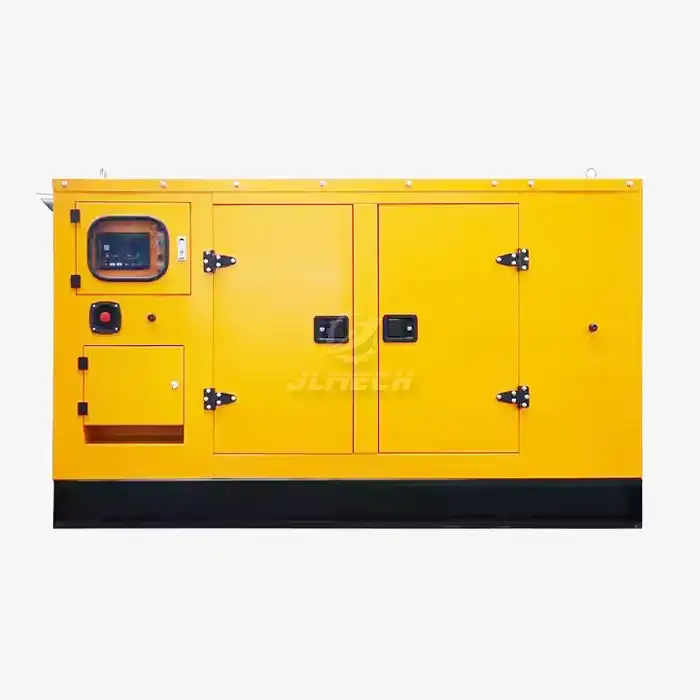 VIEW MORE24kw 30kva silent diesel generator set
VIEW MORE24kw 30kva silent diesel generator set



